Row at JNU Over Ravan Dahan, ABVP Accused of Anti-Dalit and Anti-Muslim Slurs
Townhall Times, New Delhi – A fresh controversy has erupted at Jawaharlal Nehru University (JNU) after the Akhil Bharatiya Vidyarthi Parishad (ABVP), the student wing of the ruling BJP, was accused of turning a cultural event into a platform for casteist and communal abuse. The incident occurred during the annual Ravan Dahan program, where videos captured by news channels show ABVP activists naming Ravan’s ten heads after “Naxalism, Muslims, Sharjeel Imam, Umar Khalid” and others. They were not only seen hurling insults but also making open threats such as “we will enter their homes and beat them.”
The incident has drawn sharp criticism from other student groups. Avichal, president of the Ambedkarite student organization BAPSA, released a video statement alleging that ABVP was using the Ravan Dahan festival to vilify Dalits and Muslims. “This is not culture, this is hate-mongering. Why drag casteist and communal politics into a student celebration?” Avichal asked. He also pointed out that in the past, casteist graffiti like “Dalits Quit India” and “Chamars Quit India” was found on the walls of JNU’s Kaveri Hostel. “By abusing Mahishasur, who belongs to a community in Jharkhand, they are essentially abusing that entire caste,” he added, calling it a clear case of targeted humiliation.
Student groups allege that this is not an isolated incident. In the past, ABVP members have been accused of calling in outsiders to assault students during protests or clashes, with little to no accountability. The administration, they say, appears to be supportive of ABVP, either by inaction or by providing cover to their activities. Many students point to the growing presence of the RSS on campus, noting that shakhas (daily drills and ideological gatherings) have started taking place within JNU itself, raising concerns about the saffronization of university spaces.
Critics argue that such incidents are part of a broader attempt to communalize and polarize one of India’s premier universities, which has historically been known for its culture of debate, diversity, and dissent. “What we are witnessing is a systematic effort to replace dialogue with intimidation, and academic freedom with ideological control,” said a student leader.
As tensions rise, questions are being asked not only about ABVP’s conduct but also about the role of the administration in allowing such activities to flourish. For many at JNU, the Ravan Dahan controversy is just the latest reminder of how campus politics is being reshaped by hate speech, violence, and ideological pressure.
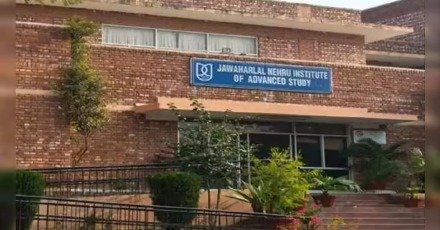
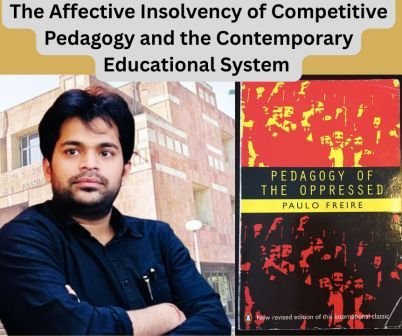

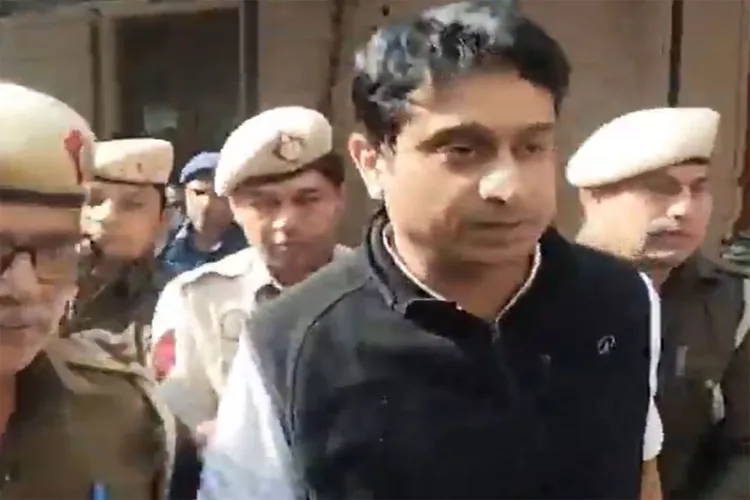
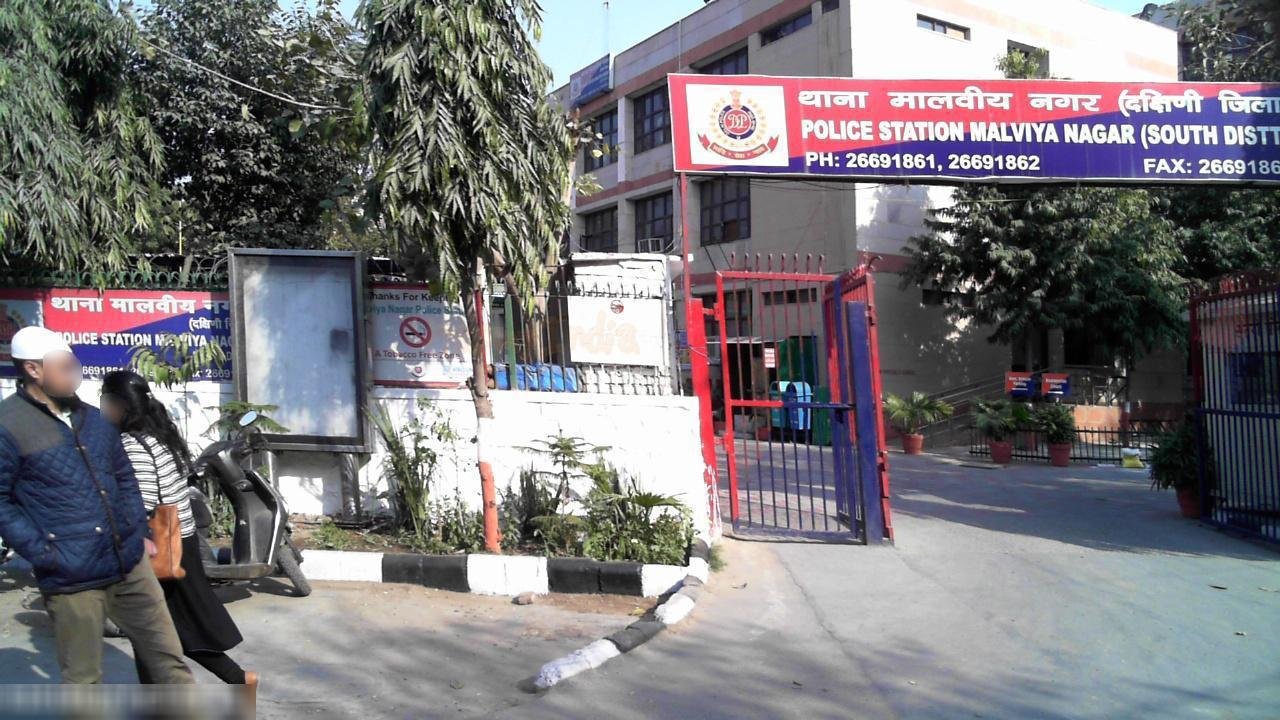

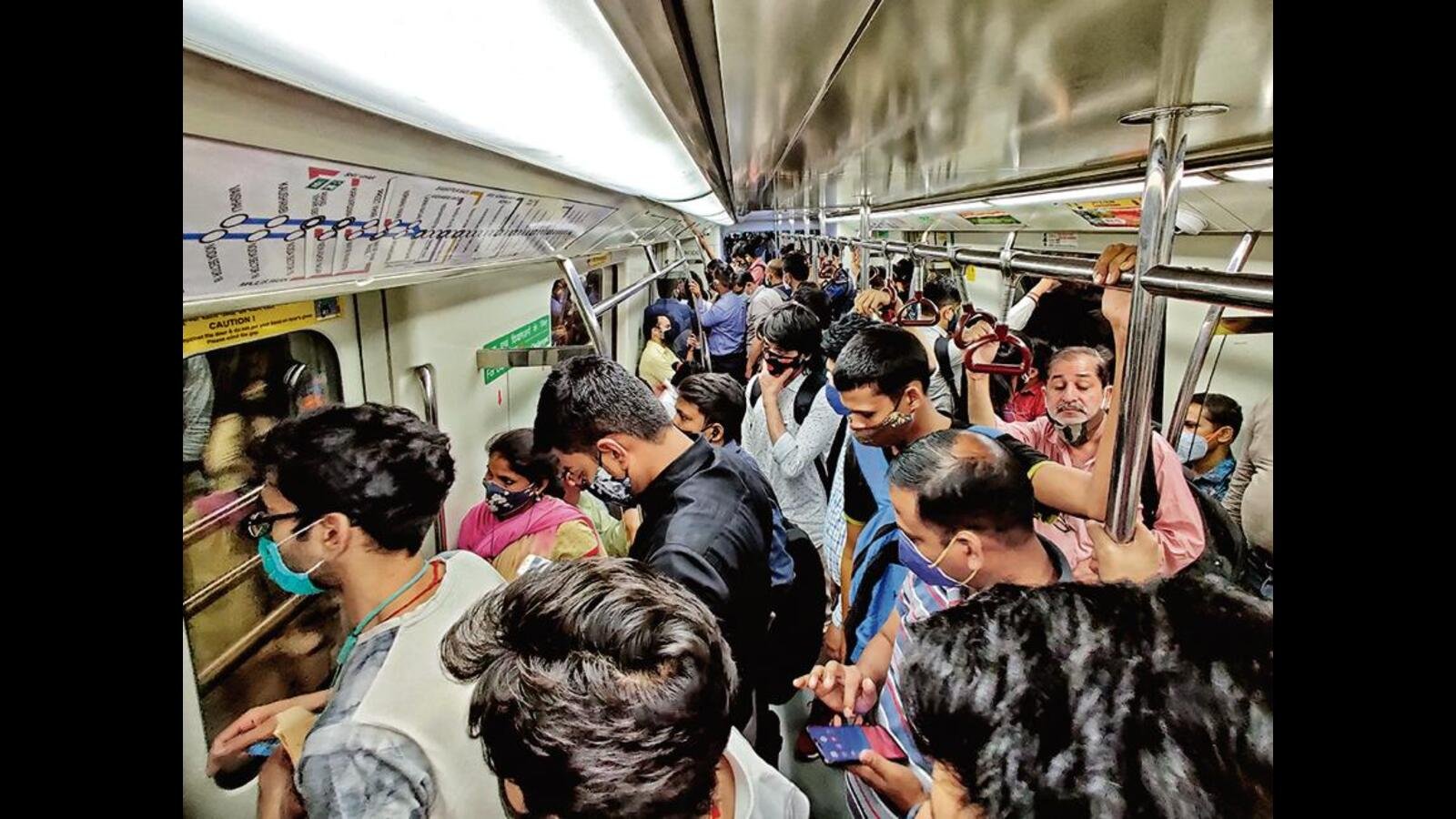
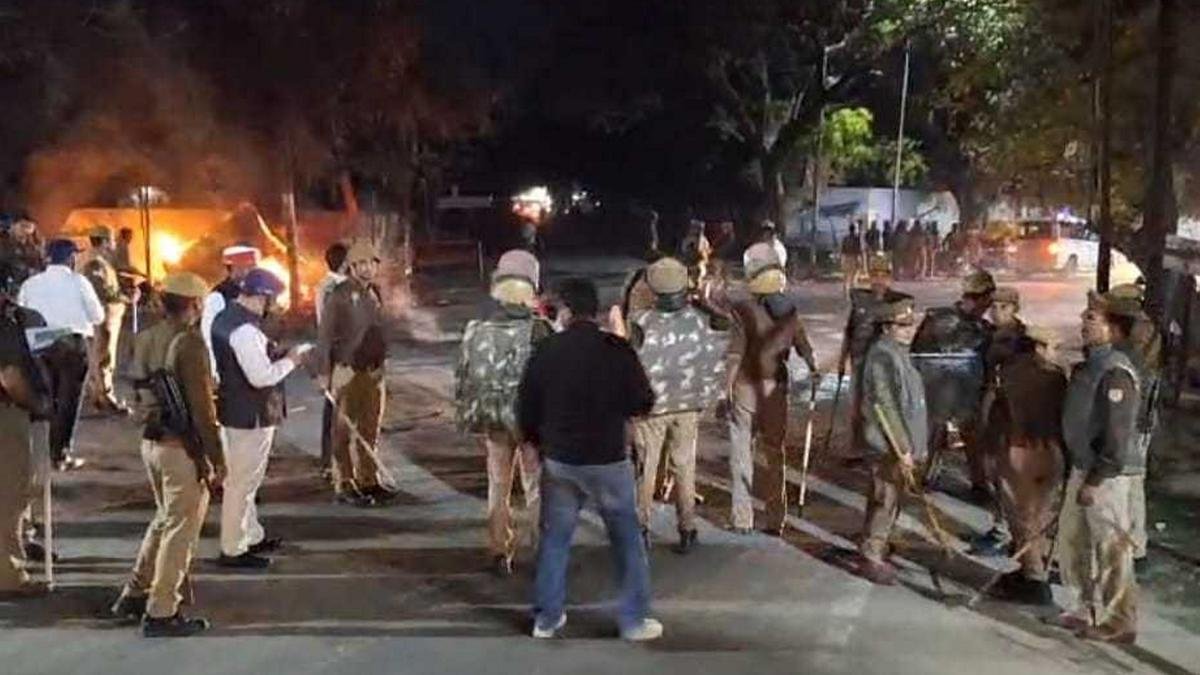
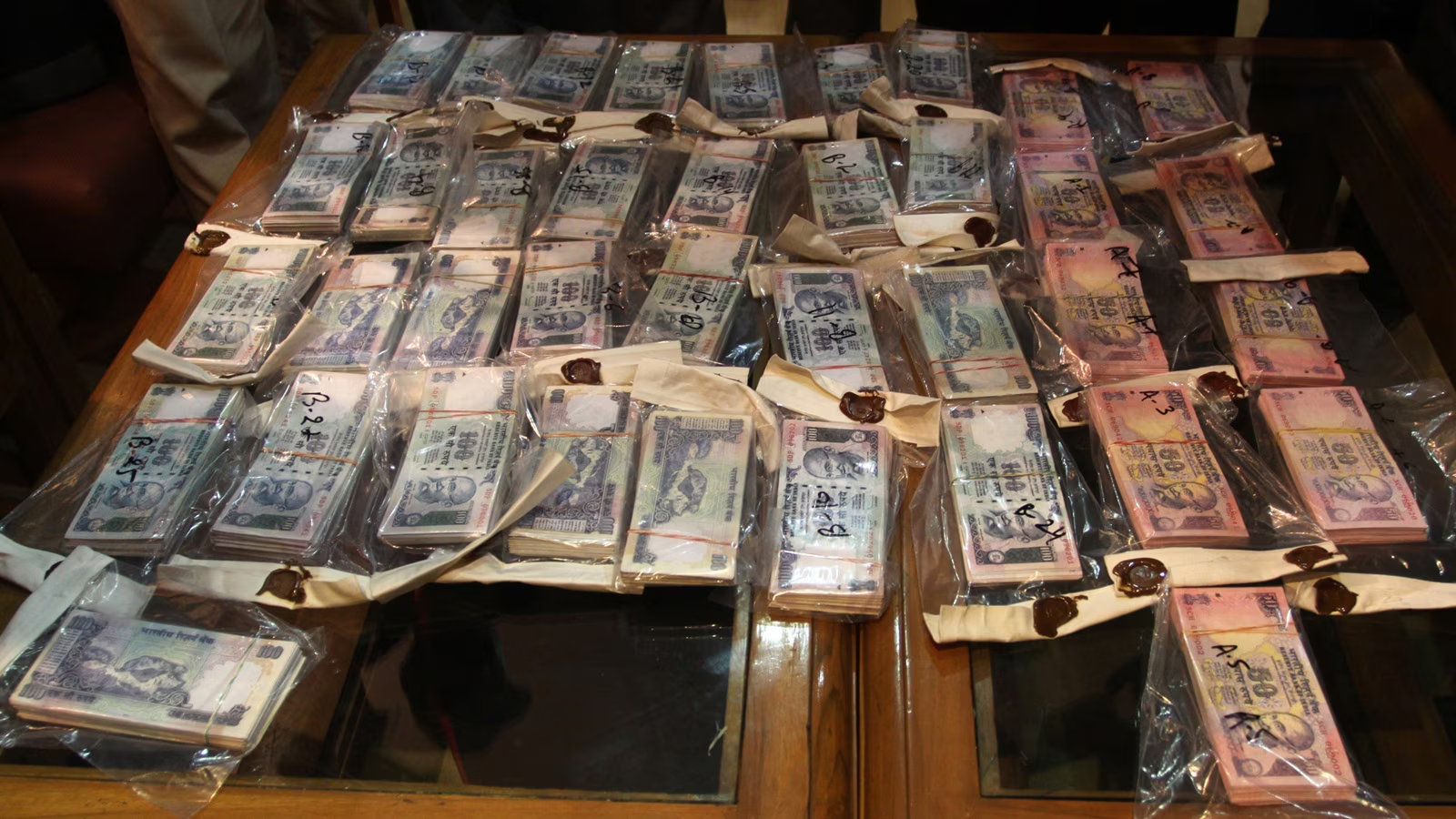
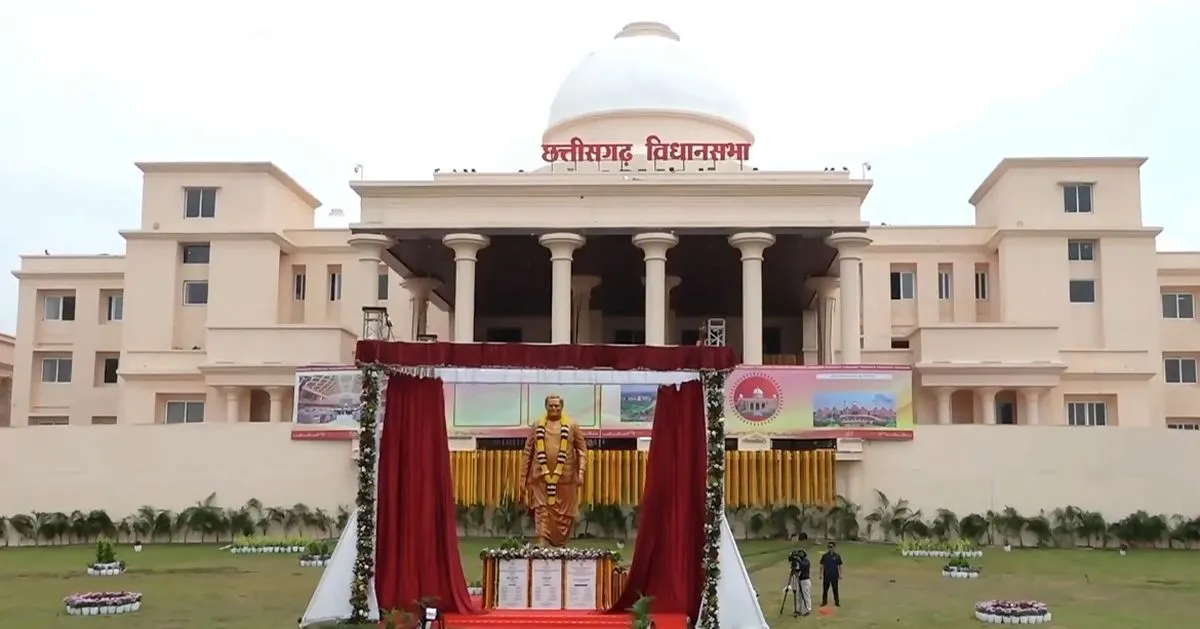


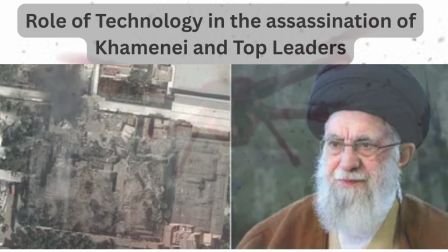
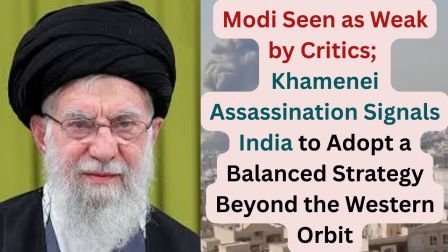
Leave a Reply